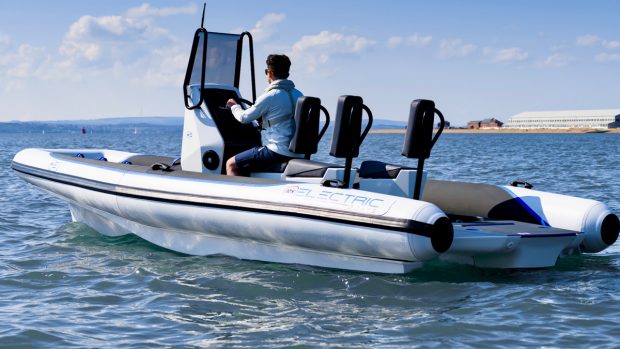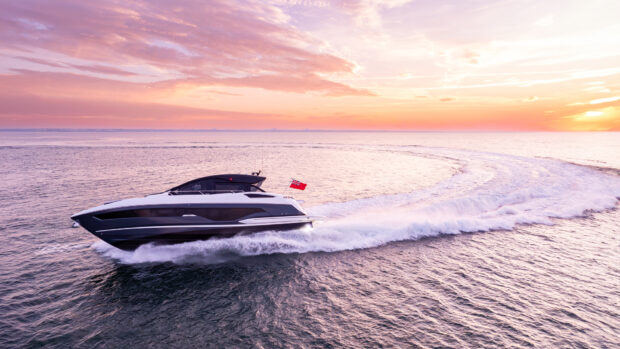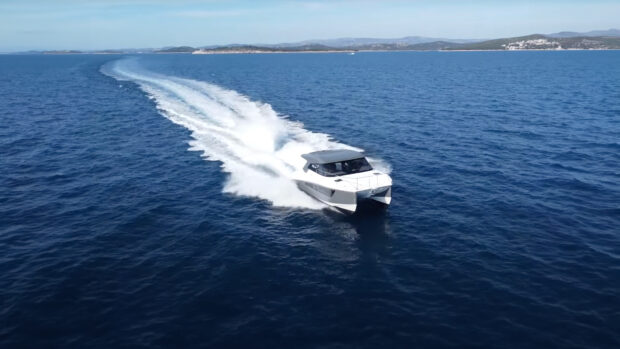Our detailed guide to European destinations.
Ireland
EU member?
Yes.
Visas?
No.
Ship’s papers
Ship’s registration papers.
Crew papers
Passports not required by UK citizens.
Report to Customs?
Not if arriving from an EU country. Yes if arriving from non-EU country – if no customs post, report to nearest Garda (police) station.
Berthing charges
Considerably cheaper than UK.
Diesel
Widely available in harbours on east and south coasts; very few fuel berths on west coast.
Water
Widely available on east and south coasts; less so on west coast.
Shore power 220V AC
Available in some, not all harbours/marinas.
LPG
Irish Kosan is in differently shaped bottles that need different connectors. To overcome this, see Calor booklet.
Camping Gaz
Easily available.
Currency
Punt (100 pence).
Credit cards
Widely accepted.
Eurocheques
Widely accepted in shops, restaurants etc.
Travellers cheques
Take in sterling. Change in banks.
Emergencies VHF
Emergency VHF calls should be made on Ch 16. Search and Rescue co-ordinated by the Irish Marine Rescue Service, with lifeboats, other rescue craft and helicopters on call. Liaises with Britain and France. A list of Ireland’s many Coast Radio Stations is given in Macmillan Nautical Almanac. In non-emergencies, these should be contacted on their working channels.
Emergencies phone
Marine emergencies. Dial 999 and ask for Marine Rescue.
Ambulance 999
Police 999
Fire 999
Pets
Allowed in with a certificate of health from a vet.
Telephone boxes
Use coins or cards obtainable from newsagents.
Dialling code to UK
0044, then the number, missing off the initial 0.
Weather forecasts
Radio 4 shipping forecasts and gale warnings. Coast Radio Stations issue forecasts on VHF, see Macmillan Nautical Almanac for frequencies and times. The Irish radio station RTE Radio 1 issues regular forecasts for Irish waters. See RYA weather booklet. RTE Radios 1 and 2 also issue gale warnings.
Trailing
Similar rules to England. Check with your car insurance company.
Other information
Beware of salmon driftnets off the south and west coasts, especially May to July. These are extremely common, hard to see and can be up to 3 miles long.
British Embassy
29 Merrion Road, Ballsbridge, Dublin 4. Tel: 003531 2053700. Visit www.britishembassy.ie or e-mail bembassy@internet-ireland.ie
Tourist office in UK
Irish Tourist Board, 150 New Bond Street, London W1Y OAQ. Tel: 020 7518 0800. Visit www.irelandtravel.co.uk or e-mail info@irishtouristboard.co.uk
Charts and books
Admiralty charts.
Macmillan Nautical Almanac.
Sailing Directions, East and North Coast of Ireland.
Sailing Directions, South and West Coast of Ireland.
Both published by the Irish Cruising Club, obtainable in UK from nautical bookshops.
www.ybw-books.com
Languages
English and Gaelic. English spoken everywhere.









